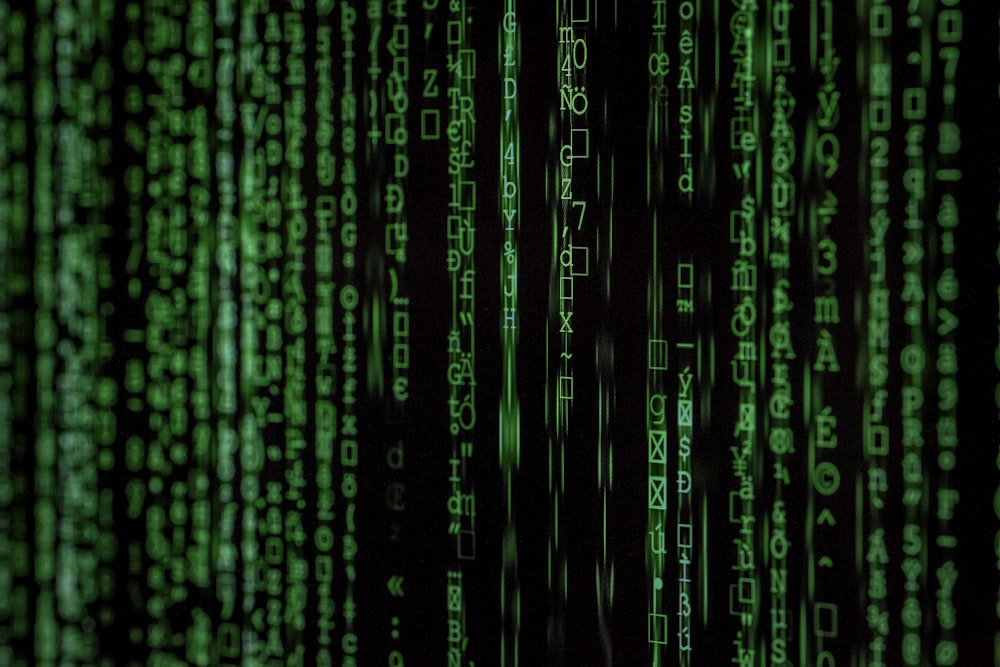
Decisions.
We make them every second, minute, hour, and day. Some of them are conscious, and others not.
The cycle rinses and repeats daily, like a never-ending wheel at play. They can be as small as what choice of words we want to use when expressing ourselves to as big as planning for our goals of the future.
Although humans have always been fascinated by how we make decisions, the actual study of decision science has only come around in the last few decades. This is quite interesting considering just how important decision-making is in our everyday lives.
A paper on decision making by Damasio et al, expresses the importance of decision-making best:
“Although decision making is an activity that is almost as exclusively human as language itself, its neurobiological components have not been studied until the end of the twentieth century, which is comparatively much later than the investigation of the biology of language”
Living in oceans of data
Despite the rapid changes in our society, we are still learning to understand the inner workings of our mind, uncovering what it means to be human and make decisions correctly.
With the advent of big data, however, we have an opportunity to dig deeper into the unknowns of our mind faster, better, and more accurately than ever before.
But to see how all this data can help us make decisions better, we need to first look at just how much data is being produced.
According to Forbes, in 2018, it was estimated,
“there are 2.5 quintillion bytes of data created each day at our current pace, with 90 percent of the data in the world generated over the last two years.”
Additionally, the World Economic Forum mentioned that mankind was expected to have reached 44 zettabytes by 2020, and if this number stands to be correct, there will be 40 times more bytes than there are stars in our observable universe. Now that is a whole lot of data.

To give a bit of context into just how big a zettabyte truly is, it’s important to break this down a bit. Using an explanation made by data scientist Kirill Eremenko, we’ll first look at a single letter.
We can assume that letter takes up about one byte of data. If we were to look at about 1000 letters, that’d take up about a single page of a small book, we cam assume that’d amount to roughly one kilobyte of data.

Zooming out from there, we can estimate that a 500-page, double-sided book would hold enough letters of data to equate to roughly 1 mb.
Now if we were to zoom out further, let’s take a look at something as massive as the Amazon rainforest.

There are roughly about 400 billion trees there. If we were to take those trees, chop them down, make them into paper and thus fill each page with letters of text, we could probably get two terabytes of data. You multiply that by 1000, and you have a single exabyte.
The rise of data science
So now that you have a rough idea of how much a single exabyte is, lets come back to all the data being made in our world.
In 2010 alone (just 12 years ago), we had created roughly 1200 exabytes of data, or roughly 1-2 zettabytes. In Dec 2020, it was forecasted that the total amount of data created, captured, copied, and consumed in the world was reaching 65 zettabytes. And by 2025, its expected that we will have a whopping 175 zettabytes of data worldwide.
Theres no denying that we are swimming in oceans and oceans of data. It’s no wonder that a field like data science had risen up and taken the world by storm in the last several years. In fact, on job-search platform Glassdoor alone, data scientist was ranked the No. 1 job for the last four years.
This is impressive considering 10 years ago, data science was labeled the ‘sexiest job of the 21st century’ and yet it still continues to be in-demand a decade later.

What does data have to do with decisions
You might be wondering: what does all this data talk have to do with us making better decisions?
Well, for one, as more data continues to pile up, scientists, marketers and brands alike will all have greater access to information about you — that can translate into more personalized, specific ads, campaigns and marketing plans.
But not only that, since the big data boom that took off a decade ago, there have been countless data providers that have popped off to help companies and creators to buy, analyze, and learn from data.

In this modern digital era, data truly has become an valuable resource that is important to understand consumer behavior. The more data created, the more opportunity to analyze and identify patterns in how we make decisions.
This isn’t to say that you should become a data scientist. In fact, just having or being a data scientist alone is not enough. More and more businesses are realizing that data science isn’t the end-all-be-all to make fruitful decisions.
Data science is about artificial intelligence, but decision science is about augmented intelligence.
Data, afterall, is nothing more than a guideline to understand decisions, to make clearer ones through some supported evidence. As such, what we really need, in this data-flooded world, are more decision scientists.
Learning to become better decision-makers
In a world filled with recommendation systems and an abundance of choices, knowing how to make the right decision has become more important than ever before. We are left to constantly decide. And with each decision, there are stakes involved. The consequences of our errors are growing ever more so.
A single mishap in judgment, caused by the biases in and around us, can be the very reasons why our lives go differently than we expect. As Milkman, Chugh, and Bazerman state,
“Errors induced by biases in judgment lead decision-makers to undersave for retirement, engage in needless conflict, marry the wrong partners, accept the wrong jobs, and wrongly invade countries.”
We are living in a knowledge-based, information-driven economy, overwhelmed by endless ads and content. In this ripe yet hectic digital age, we are inevitably spoiled by choice. As such, a person’s ability to make a good decision is one of the most valuable assets to bring to the table.
In an ever-more increasingly globalized world, there are likely going to be more decisions being made with some form of bias attached to it — whether in our data or from our minds. And as we move into things like the metaverse and an IoT driven world, more data will continue to accumulate. And while this does pose some risks to our society, it also means more opportunity for us to learn to understand and improve our decision making process better, faster, and smarter.










